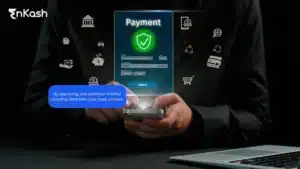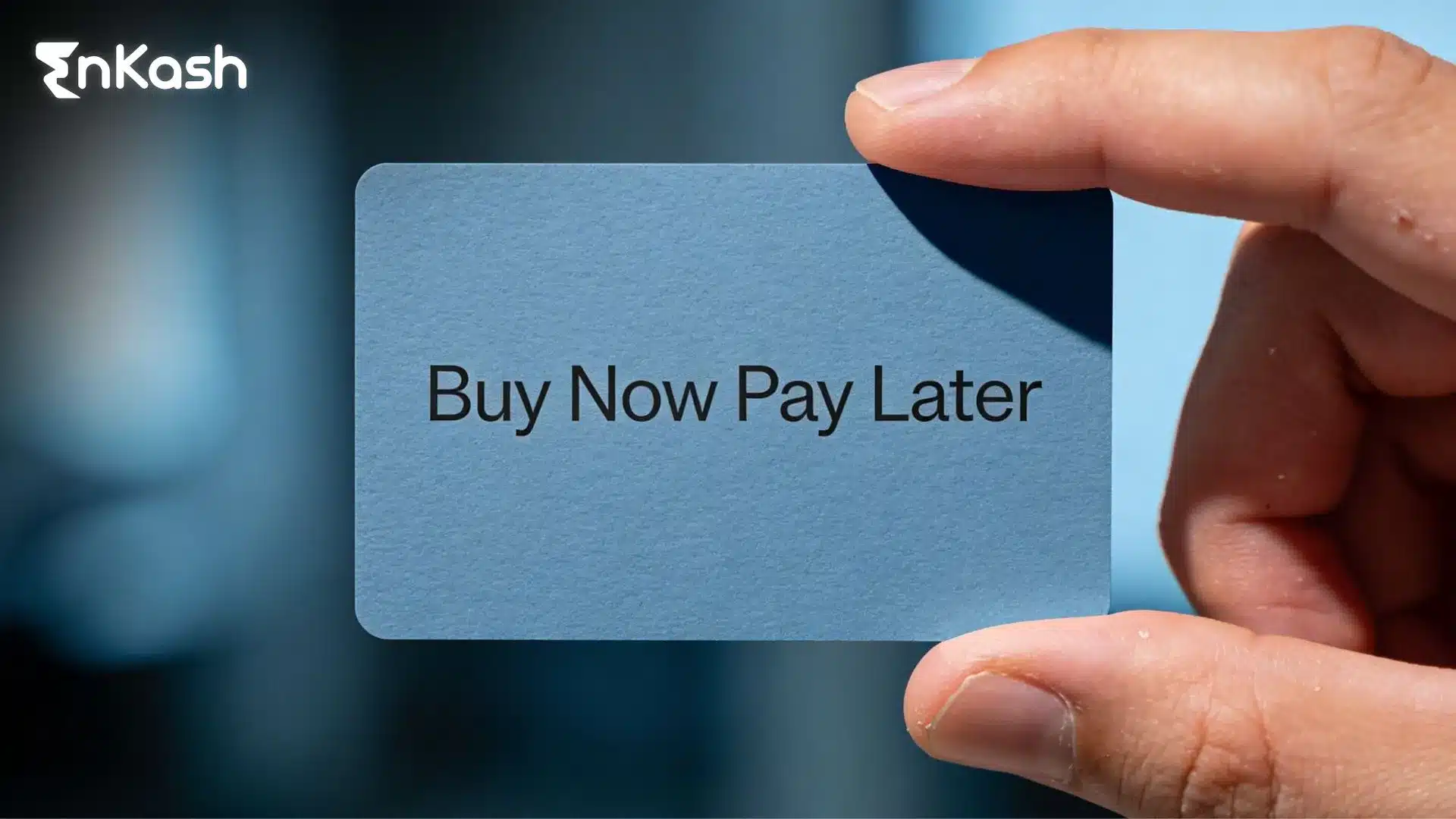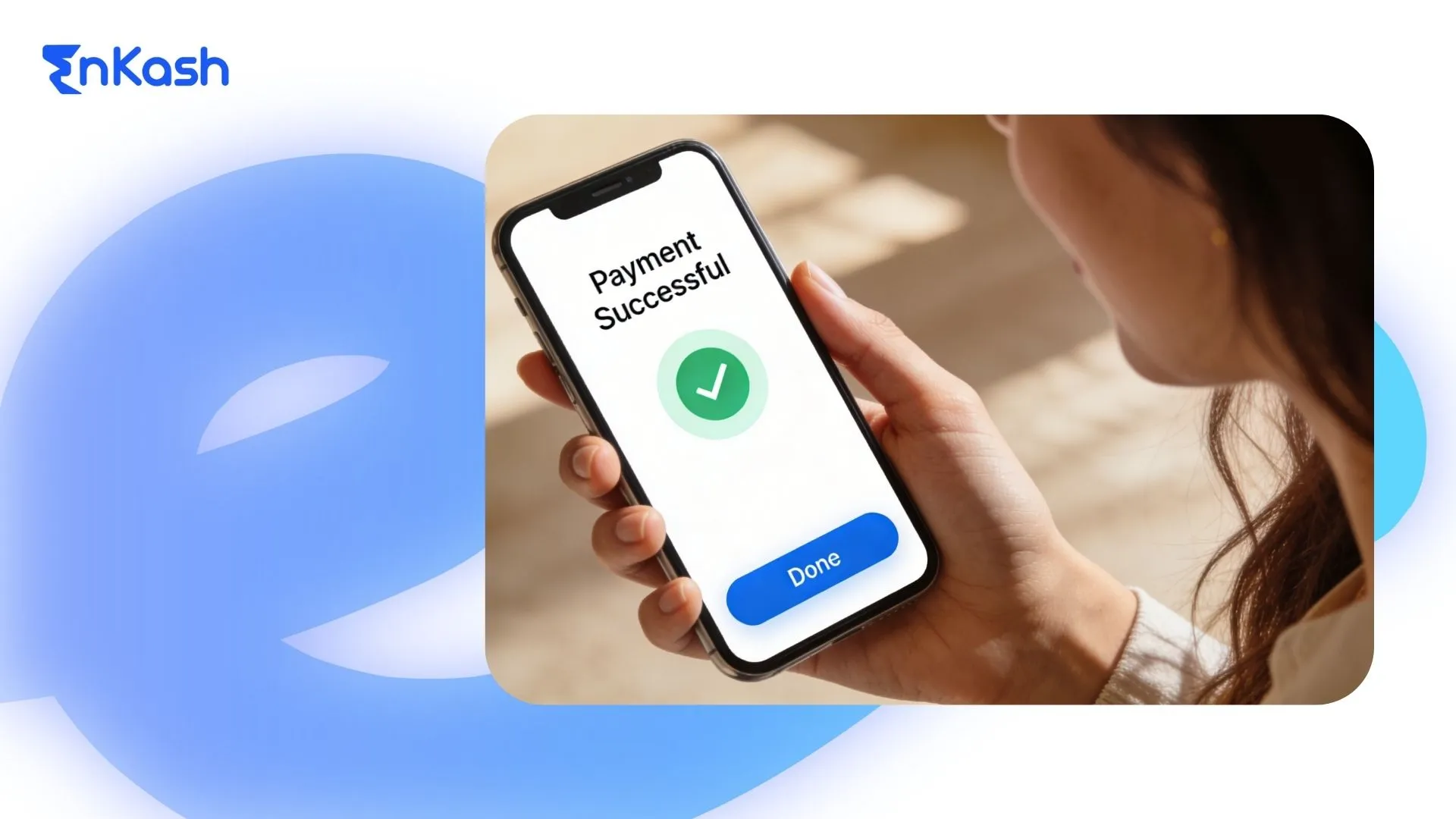Why Businesses Are Shifting Toward Crypto Transactions
The global payment landscape is evolving, and businesses are gradually turning their attention to digital currencies. From startups to online retailers, a growing number of companies are seeking ways to streamline transactions, reduce overhead costs, and reach a wider customer base. In this push to modernize, many are adopting cryptocurrency for everyday commerce.
One major reason behind this shift is the slow and costly nature of traditional payment systems. Cross-border transactions can take several days to settle, often with high service charges and complex currency conversion fees. Domestic payments are not always efficient either, with delays caused by intermediaries or bank protocols. These challenges have led merchants to explore faster, decentralized alternatives that operate independently of banking networks.
This is where a crypto payment gateway becomes relevant. A crypto payment gateway enables a business to accept digital currencies like Bitcoin, Ethereum, and stable coins as payment from customers across the world. It removes many of the constraints tied to conventional banking, giving merchants the power to process payments directly over blockchain networks. By doing so, it simplifies the way funds are handled and settled, especially in international markets.
Understanding how crypto payment gateways work is essential for any business considering this switch. These gateways act as bridges between digital wallets and merchant accounts, ensuring that payments are completed securely and accurately. As customer demand grows for diverse payment options, companies that adopt crypto early may gain a distinct edge in terms of flexibility, transparency, and cost-efficiency.
In this guide, we will explore how crypto payment gateways work, what makes them different, and why more businesses are making the transition to this innovative financial system.
Read more: Payment Gateway FAQs
Decoding the Payment Flow: What Happens During a Crypto Transaction?
Every time a customer pays with cryptocurrency, several processes take place in the background to ensure the transaction is secure and successful. Understanding how a crypto payment gateway works helps merchants see the value in this system and what happens from start to finish.
Here’s a step-by-step look at what takes place during a crypto transaction:
Customer selects a payment method
The buyer chooses to pay with a supported cryptocurrency during checkout. The crypto payment gateway is triggered at this point.
Gateway generates a unique invoice
A payment request is created with a fixed amount in digital currency. It includes a wallet address and often a scannable QR code. This invoice usually locks the rate for a limited time to protect against volatility.
Customer completes the transfer
The user sends funds from their wallet to the address generated by the gateway. This is signed and authorized on the blockchain.
Blockchain confirms the transaction
The crypto payment gateway monitors the network to detect and validate the payment. Once the required number of confirmations is reached, the transaction is marked complete.
Merchant receives payment confirmation
A notification is sent to the merchant’s system. Depending on the setup, funds are either kept in digital form or instantly converted to fiat.
Settlement is finalized
The merchant either holds the crypto in a designated wallet or uses built-in features to transfer funds to a bank account.
Through this automated chain of actions, the crypto payment gateway simplifies what would otherwise be a complex process. It helps reduce errors, improves speed, and creates a reliable way for merchants to accept digital currency without needing deep technical knowledge.
Behind the Interface: Technical Elements That Power the System
A crypto payment gateway solution may look simple from the outside, but there is a complex system working underneath to make every transaction smooth and secure. These technical elements are responsible for managing the entire payment flow, from generating invoices to confirming settlements.
Below are the key components that work silently in the background:
- Application Programming Interfaces (APIs)
APIs allow communication between the gateway and the merchant’s platform. They help the website generate wallet addresses, detect incoming transactions, and handle notifications in real time.
- Blockchain listeners
These are tools that watch the blockchain network for incoming payments. As soon as a customer sends crypto, the listener tracks the transaction and waits for enough confirmations before proceeding.
- Smart contract logic
Some crypto payment gateway solution providers use smart contracts to automate tasks. These include fund routing, fee calculation, or automatic fiat conversion if the merchant chooses that option.
- Currency conversion modules
Built-in converters check current market rates through trusted data feeds. This allows the system to convert crypto into fiat instantly if required by the merchant.
- Security checks and address validation
Every transaction is checked to ensure it is going to the correct wallet and follows safe transfer practices. This reduces the chances of human error or fraud.
- Merchant dashboard and reporting tools
These systems provide access to payment history, settlement status, and integration settings. Businesses can review real-time data and export reports for accounting or compliance.
Without these hidden layers, a crypto payment gateway solution would not be able to function as reliably or efficiently. These technologies ensure each transaction is completed with accuracy, speed, and minimal manual effort.
Read more: Top 10 Payment Gateways in India
Hosted vs. Self-Managed: Understanding Deployment Models
When it comes to setting up a crypto payment gateway, merchants have two main paths to choose from: a hosted service or a self-managed platform. Each option has its own setup process, control level, and operational demands. Deciding between the two depends on a business’s technical capabilities and risk comfort.
Hosted gateways are managed by third-party providers. These services handle everything, from transaction routing and wallet generation to network monitoring and customer support. The advantage is convenience. Businesses can integrate payment features with little effort, often using a simple plugin or API. However, this also means the service provider controls key parts of the transaction, including custody in many cases.
In contrast, a self-managed or open-source crypto payment gateway gives the merchant full control. The most well-known example is a standalone platform that businesses host on their servers. These systems do not rely on third-party intermediaries. This allows for complete privacy, data ownership, and custom logic. It also removes counterparty risk, as the merchant retains direct control over the wallet keys.
The trade-off with an open-source crypto payment gateway is complexity. It requires technical skills to install, configure, secure, and maintain. There is no support team to fix issues if something breaks. But for businesses with in-house developers or high sensitivity to control, this model can offer unmatched flexibility and peace of mind.
Choosing between hosted and self-managed depends on how much freedom and responsibility a business wants to carry.
How Online Merchants Integrate Crypto Gateways into Their Stores
Setting up a crypto payment integration has become easier in recent years, thanks to improvements in tools and documentation. Merchants no longer need deep technical knowledge to start accepting cryptocurrency payments. Most gateways now offer a range of integration options that can fit into common e-commerce systems or custom-built platforms.
For businesses using platforms like Shopify, WooCommerce, or Magento, the process is straightforward. Many crypto payment gateway providers offer ready-made plugins that can be added with just a few clicks. Once installed, these plugins allow customers to choose crypto as a payment option during checkout. They also handle wallet generation, amount conversion, and payment confirmation behind the scenes.
Custom-built websites can use API-based methods to connect directly with the payment gateway. In this case, the merchant’s development team builds the interface between the website and the gateway. This approach offers more control over user experience and allows for additional features like token-based discounts, recurring payments, or advanced order tracking.
Some gateways also support QR-code invoicing and point-of-sale applications. This is useful for offline or hybrid businesses that want to accept crypto payments in-store through mobile apps or web dashboards.
No matter which option is chosen, the goal of crypto payment integration is to make the checkout process smooth and secure. Merchants must test the setup thoroughly, ensure wallet addresses are accurate, and keep their integration updated as the gateway adds new features or security updates.
Read more: Top Payment APIs for Developers in 2025
Key Advantages That Make Crypto Gateways a Smart Move
A growing number of businesses are turning to cryptocurrency not just as a trend, but as a practical upgrade to how they handle payments. Using a crypto payment gateway unlocks real benefits that go beyond basic convenience. From saving costs to improving global reach, the gains are tangible.
Here are the top benefits of using a crypto payment gateway:
- Lower transaction fees
Traditional payment methods charge a percentage on every sale. Crypto transactions usually involve much lower fees, helping merchants retain more revenue.
- Faster settlements
Instead of waiting days for a bank to clear a payment, crypto transfers settle in minutes. This speeds up access to funds and improves cash flow.
- Access to global customers
A crypto payment gateway allows payments from anywhere in the world. It removes issues related to exchange rates, regional payment methods, or banking limitations.
- No risk of chargebacks
Blockchain transactions are final. Once confirmed, they cannot be reversed, protecting businesses from fraudulent refund claims and related losses.
- Strong privacy and data protection
With no need to share sensitive card or banking information, customers feel safer. Merchants benefit from lower exposure to data leaks or misuse.
- Simple cross-border payments
Unlike traditional international transfers that require multiple steps, crypto payments are direct and free from bureaucracy.
By adopting a crypto payment gateway, businesses gain tools that are efficient, reliable, and designed for the digital economy. These benefits make crypto-based payments not just appealing but also a smart operational choice.
Also read: Ultimate Guide to QR Code Generators: UPI, NPCI & Bulk Tools
Operational Risks and Adoption Barriers to Keep in Mind
While the benefits of a crypto payment gateway are significant, there are also important risks and challenges businesses should consider. Adopting crypto payments requires planning and an understanding of how to manage risks.
Here are key concerns that may affect adoption:
- Price volatility of cryptocurrencies
The value of digital assets can rise or fall rapidly. This creates uncertainty for businesses that choose to hold crypto instead of converting it immediately.
- Regulatory uncertainty
Rules about crypto payments vary across regions and are still evolving. Merchants must stay informed about local compliance requirements, including taxation and reporting.
- Technical complexity
Although many gateways offer plugins, full integration still requires a basic understanding of blockchain systems. Businesses with older tech setups may find this more difficult.
- Security and wallet management
Handling private keys and securing wallets is a major responsibility. Without proper safeguards, funds could be lost through phishing or technical errors.
- Dependency on third-party providers
In hosted models, the merchant relies on an external gateway provider. This creates some exposure to service outages or policy changes that could affect operations.
Evaluating Providers: What to Look for Before You Commit
Choosing the right crypto payment gateway solution is a critical step for any business planning to accept digital currencies. Not all providers offer the same level of service, flexibility, or security. A careful evaluation helps reduce future problems and ensures smooth long-term use.
Here are the most important factors to consider:
- Supported cryptocurrencies
Look for a gateway that handles popular assets like Bitcoin, Ethereum, and stablecoins. This increases flexibility for both you and your customers.
- Fiat conversion options
Some gateways allow instant conversion of crypto into fiat currency. This is helpful for businesses that want to avoid holding volatile digital assets.
- Security infrastructure
Make sure the provider follows strict security practices, such as two-factor authentication, encrypted key storage, and compliance with industry standards.
- Integration tools
Check if the crypto payment gateway solution offers APIs, plugins, and clear documentation. A well-built tool saves time during setup and troubleshooting.
- Transaction fees and payout terms
Review the cost structure, including network fees, conversion charges, and how often payouts are processed.
- Customer support availability
Look for providers that offer responsive and knowledgeable support. In a live payment environment, quick help can prevent losses.
Evolving Trends That Will Shape the Future of Crypto Payments
The payment ecosystem is expanding, and cryptocurrency technology continues to evolve. For businesses using digital assets, it is important to stay aware of trends shaping the next phase of adoption.
Key developments to watch include:
- Rise of stablecoins
These offer price consistency, making them ideal for everyday payments without the risk of volatility.
- Layer 2 scaling solutions
Faster, cheaper transactions through technologies like rollups are improving blockchain performance.
- NFT and metaverse integration
Digital commerce in virtual spaces is driving demand for payment gateways that support token-based transactions.
- Central bank digital currencies (CBDCs)
Some gateways are preparing for the support of national digital currencies, which may impact cross-border settlements.
- Smart contract automation
Payment logic is moving on-chain, helping automate settlements and reduce human errors.
While how crypto payment gateways work today is well understood, these trends will define how they perform in the years to come.
Also read: Best Practices for Payment Gateway UI/UX Design
Closing Thoughts: Making the Case for Immediate Exploration
Adopting a crypto payment gateway is no longer just a bold move; it is a practical step for businesses ready to modernize. With the right setup, it offers faster payments, lower fees, and a wider customer reach. As digital assets become more common in global commerce, early integration will help companies stay competitive and flexible. Starting small is a good way to test the waters. Even a limited crypto payment integration can reveal how customers respond and how systems perform. Understanding this shift and knowing how crypto payment gateways work will prepare businesses to lead in the next phase of payments.
FAQs
- Can a business accept crypto payments without using a crypto payment gateway?
Yes, but it requires manually generating wallet addresses, confirming transactions, and managing records. A crypto payment gateway automates these tasks, reduces errors, and handles real-time currency conversion, making the process much more efficient and user-friendly for both the merchant and the customer. - How does a crypto payment gateway handle failed or incomplete transactions?
Most gateways monitor the blockchain and confirm payment only after a set number of confirmations. If a transaction fails or is delayed, the system notifies both the merchant and the buyer. Some gateways also auto-cancel unpaid invoices after expiration to maintain order integrity. - What are the benefits of using an open-source crypto payment gateway over a hosted one?
An open-source crypto payment gateway offers full control over data, privacy, and transaction handling. Unlike hosted solutions, it reduces dependency on third parties. However, it requires more technical knowledge to maintain, making it ideal for businesses with internal development support. - Are crypto payment gateways secure for high-value transactions?
Yes, when configured correctly. Gateways use wallet encryption, secure APIs, and network monitoring tools. Merchants should also implement multi-signature wallets and secure key storage. A well-audited crypto payment gateway solution can handle large payments with a high degree of safety. - Can I settle payments in local currency when using a crypto payment gateway?
Many gateways offer automatic conversion from crypto to fiat. After confirming the transaction, the system converts funds at real-time rates and deposits the equivalent in local currency to the merchant’s bank account. This helps reduce exposure to market volatility. - Is it possible to integrate crypto payment gateways into mobile apps?
Yes. Most modern crypto payment integration tools include mobile SDKs or APIs. This allows businesses to embed crypto payment features directly into their mobile apps, enabling in-app purchases, subscriptions, or donations using various digital currencies. - How do crypto payment gateways support tax compliance?
Some advanced gateways generate transaction reports that include time-stamped amounts, currency values, and customer data where applicable. These reports assist with calculating capital gains, VAT, or service taxes based on regional rules. Integration with accounting tools is also often available. - What happens if the buyer sends the wrong amount of crypto?
The gateway detects mismatched amounts and flags the payment as incomplete. Some systems allow partial payments to be topped up. Others return the funds and cancel the invoice. These behaviors are predefined and documented during crypto payment integration setup. - Are refunds possible through crypto payment gateways?
Refunds can be processed, but they are not automatic like card payments. Some platforms like BTCPay Server and Coinbase Commerce have added refund APIs or dashboards to simplify manual refund processes. The merchant typically needs to initiate a new transaction to the customer’s wallet address. Some gateways offer refund APIs to streamline this, ensuring the refund matches the original payment amount. - Can freelancers or individuals use a crypto payment gateway?
Yes. Many crypto payment gateway solutions support personal or freelance accounts. These users can generate invoices, receive payments, and withdraw funds in fiat or crypto. It provides a secure way to accept global payments without needing a business banking setup.










